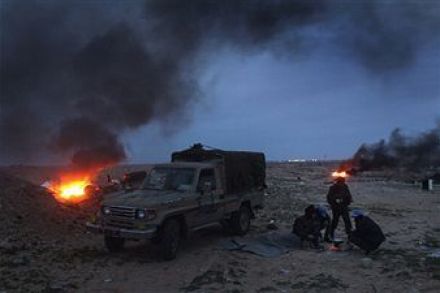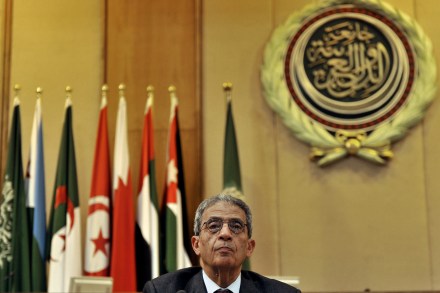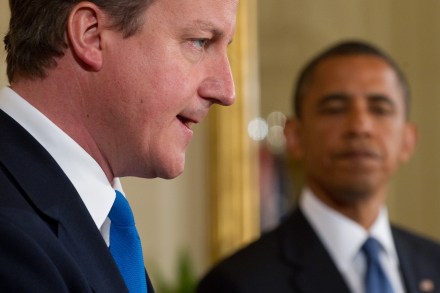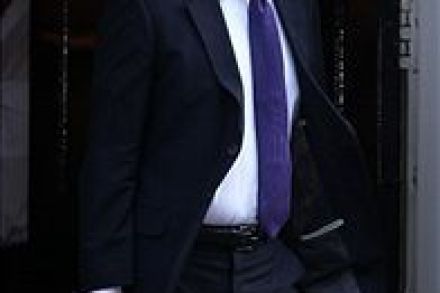If we don’t help the Libyan rebels, then the extremists might
The West’s indifference towards Libya may create the very conditions for extremism that we normally seek to avoid. In today’s Times, the war correspondent Anthony Loyd writes (£) from Benghazi about the dangers of an extremist backlash as the pro-democracy forces become disillusioned with the West: “The growing suspicion and anger towards the West offers an unsettling glimpse of the direction that the country’s revolution may take.” This has several potential implications inside and outside Libya. Outside the country, it could provide an opportunity for Osama bin Laden — who has been otherwise marginalised, following the protests in Tunisia and Egypt — to argue that the West’s inaction, and even


















